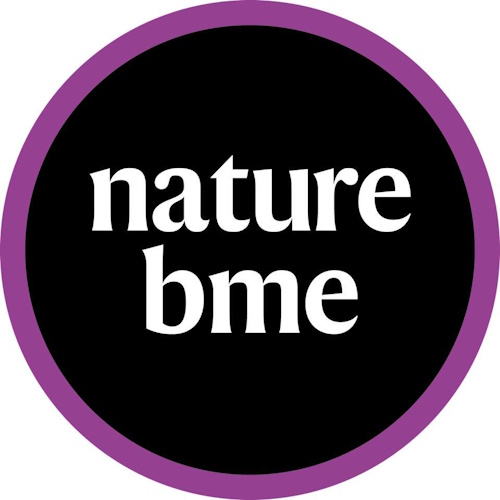Key points from article :
A new study led by Jun Ishihara at Imperial College London and published in Nature Biomedical Engineering has achieved a breakthrough in cancer immunotherapy. Researchers have developed a “weaponised” version of CAR T-cell therapy that completely eliminated large solid prostate tumours in mice—an unprecedented result in the fight against solid cancers. The therapy builds on the success of CAR T-cells in treating blood cancers like leukemia but overcomes the long-standing challenge of solid tumours, which typically resist immune attacks.
CAR T-cells work by reprogramming a patient’s own immune cells to recognise and kill cancer cells. However, solid tumours often evade destruction because they vary widely in their surface markers and secrete molecules that suppress immune activity. Ishihara’s team tackled this by equipping CAR T-cells to release a powerful immune-boosting molecule, interleukin-12 (IL-12)—but in a highly targeted way. To avoid dangerous side effects, they fused IL-12 with a protein fragment that binds to collagen, which is abundant in solid tumours but scarce in healthy tissue.
When these engineered CAR T-cells detect cancer, they release the IL-12–collagen fusion, which remains trapped in the tumour and rallies a strong local immune attack. In mouse studies, the approach eradicated prostate tumours in four out of five animals and prevented recurrence when the mice were later re-exposed to cancer cells, suggesting long-term immune protection. Remarkably, the treatment worked without chemotherapy preconditioning, avoiding one of the most toxic steps in standard CAR T therapy.
Experts like Steven Albelda at the University of Pennsylvania call the findings highly promising. Several research groups are now exploring similar strategies to localise immune activation to tumours. If successful in human trials, Ishihara’s “weaponised” CAR T-cells could open the door to effective, safer treatments for a wide range of solid cancers—a milestone that has eluded immunotherapy for decades.







